When it comes to our furry friends, we want to make sure they stay happy and healthy. Dogs, being our loyal companions, rely on us to provide them with the best care possible.
One common issue that some dogs experience is anal gland problems. But can food cause anal gland issues in dogs? Let’s explore this topic further and find out what we can do to keep our canine buddies comfortable and free from discomfort.
What are Anal Glands?
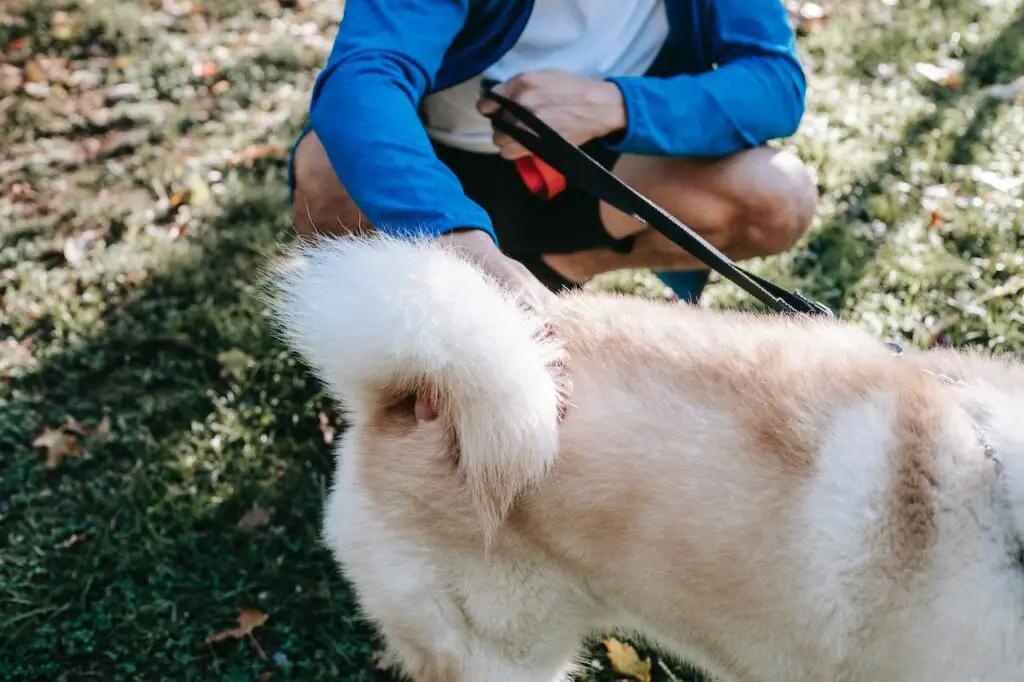
Before we delve into the connection between food and anal gland issues, let’s first understand what anal glands are. Anal glands, also known as anal sacs, are small sacs located on both sides of a dog’s anus.
These sacs produce a smelly fluid that helps dogs mark their territory and communicate with other canines through scent.
The Purpose of Anal Glands
In the wild, dogs use the scent from their anal glands to communicate various messages to other dogs. You can think of it as their way of leaving a “message board” for others to read. However, in domesticated dogs, these glands might not function as effectively as they would in the wild.
What are Anal Gland Issues In Dogs?
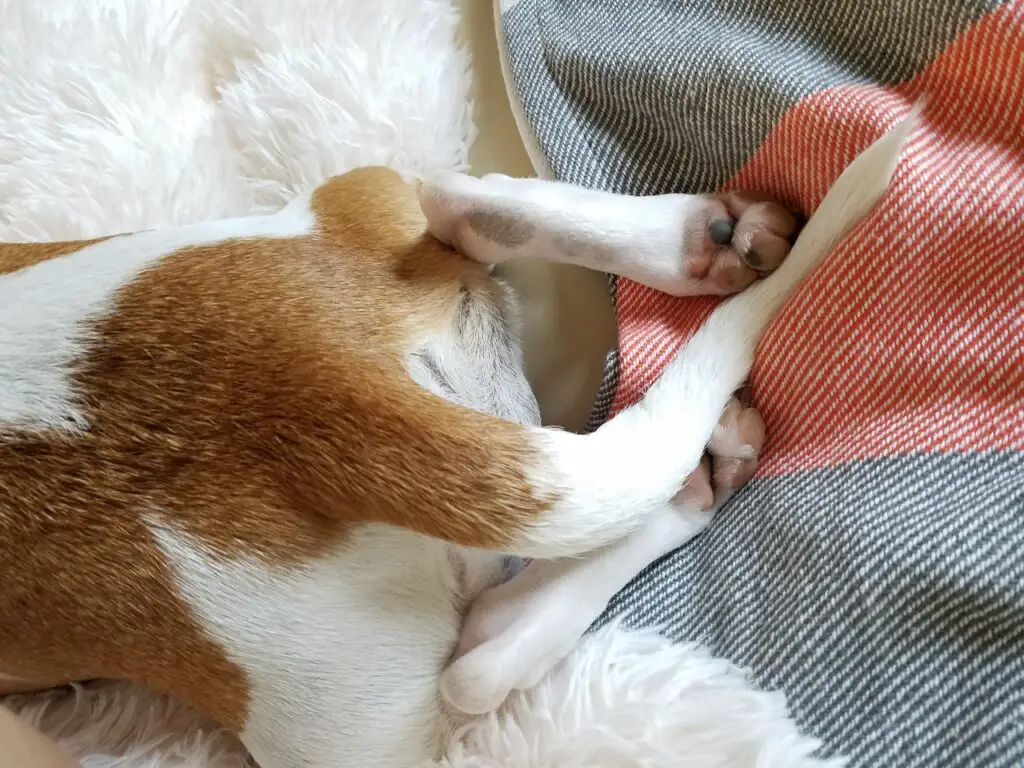
Anal gland issues occur when the glands don’t empty properly. This can lead to discomfort and sometimes even pain for your furry companion. The most common problem is anal gland impaction, which happens when the fluid inside the glands thickens and cannot be released naturally.
Can Food Cause Anal Gland Issues In Dogs?
Now, let’s address the main question: Can food cause anal gland issues in dogs? The answer is not straightforward, as there can be various factors at play. While the food itself might not directly cause the issues, certain types of food can contribute to the problem.
The Importance of a Balanced Diet

A well-balanced diet is crucial for your dog’s overall health, and it can also play a role in preventing anal gland problems. When a dog’s diet lacks essential nutrients or consists of low-quality ingredients, it can lead to digestive issues. These digestive problems may, in turn, affect the consistency of the stool.
The Role of Stool Consistency
The consistency of your dog’s stool is directly related to the function of their anal glands. When the stool is too soft or too hard, it might not put enough pressure on the anal glands during bowel movements. As a result, the glands may not empty properly, leading to potential issues.
How to Support Anal Gland Health
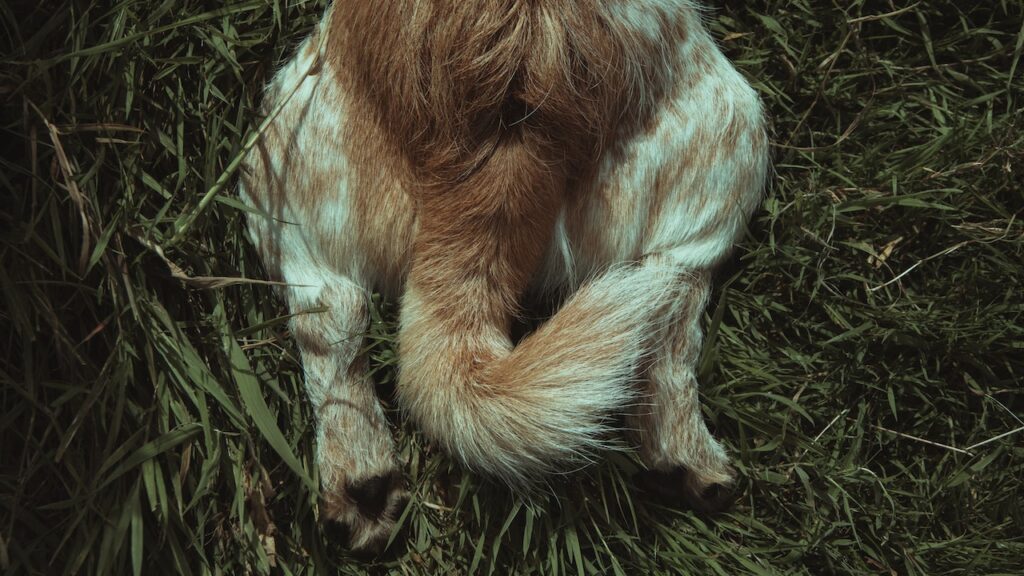
To help keep your dog’s anal glands healthy and prevent problems, consider these tips:
1. Choose High-Quality Dog Food
Selecting a high-quality dog food that suits your dog’s specific dietary needs is essential. Look for dog food that contains real meat as the primary ingredient and avoids artificial additives, fillers, and excessive grains.
2. Provide Plenty of Water
Water is essential for maintaining good digestion and stool consistency. Make sure your dog has access to fresh and clean water at all times.
3. Add Fiber to the Diet
Fiber can play a significant role in promoting healthy bowel movements. Consult your veterinarian about adding fiber to your dog’s diet, either through certain foods or supplements.
4. Regular Exercise
Exercise is not only great for your dog’s overall health but can also stimulate proper bowel movements. Regular walks and playtime can contribute to keeping the anal glands functioning well.
5. Regular Vet Check-ups
Routine visits to the veterinarian are essential to monitor your dog’s health. Your vet can check your dog’s anal glands during these visits and address any potential issues.
Understanding Anal Gland Impaction
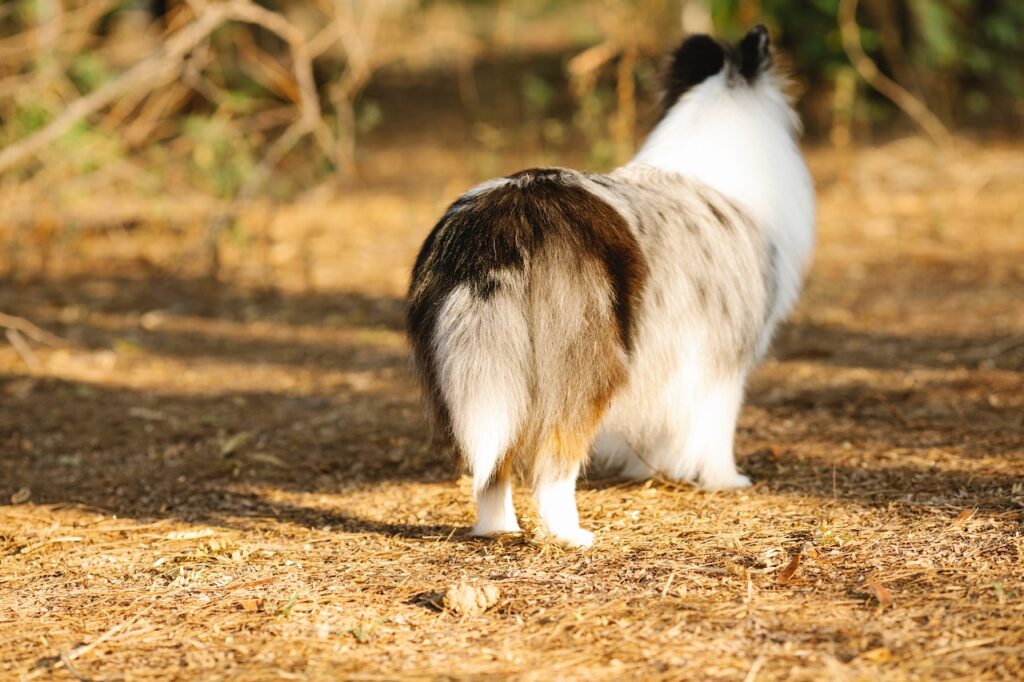
What is Anal Gland Impaction?
Anal gland impaction occurs when the fluid inside the anal glands thickens and becomes difficult to expel naturally during bowel movements. This condition can cause discomfort and lead to various complications if not addressed promptly.
Signs and Symptoms of Anal Gland Impaction
Recognizing the signs of anal gland impaction is crucial for early detection and treatment. Some common symptoms include excessive scooting, licking, biting, or dragging of the rear end, discomfort during bowel movements, and foul-smelling discharge.
Treatment and Prevention of Anal Gland Impaction
Treatment for anal gland impaction typically involves expressing the glands to remove the impacted fluid. In severe cases, antibiotics or other medications may be prescribed. To prevent recurrence, dietary adjustments, increased fiber intake, and regular vet check-ups are essential.
Dietary Factors and Anal Gland Problems

The Role of Diet in Anal Gland Health
While the food itself may not directly cause anal gland issues, a poor diet can contribute to digestive problems, leading to irregular bowel movements and potential gland issues. Understanding how diet affects your dog’s health is essential for promoting anal gland health.
Foods to Avoid for Anal Gland Health
Certain foods can worsen anal gland problems due to their impact on stool consistency and digestion. Foods high in fillers, artificial additives, and excessive fats may be problematic. It’s essential to identify and eliminate these items from your dog’s diet.
Foods to Support Anal Gland Health
In contrast, some foods can benefit anal gland health by promoting regular bowel movements and good digestion. High-quality proteins, appropriate fiber content, and essential nutrients can play a positive role in your dog’s overall well-being.
When to Seek Veterinary Assistance?
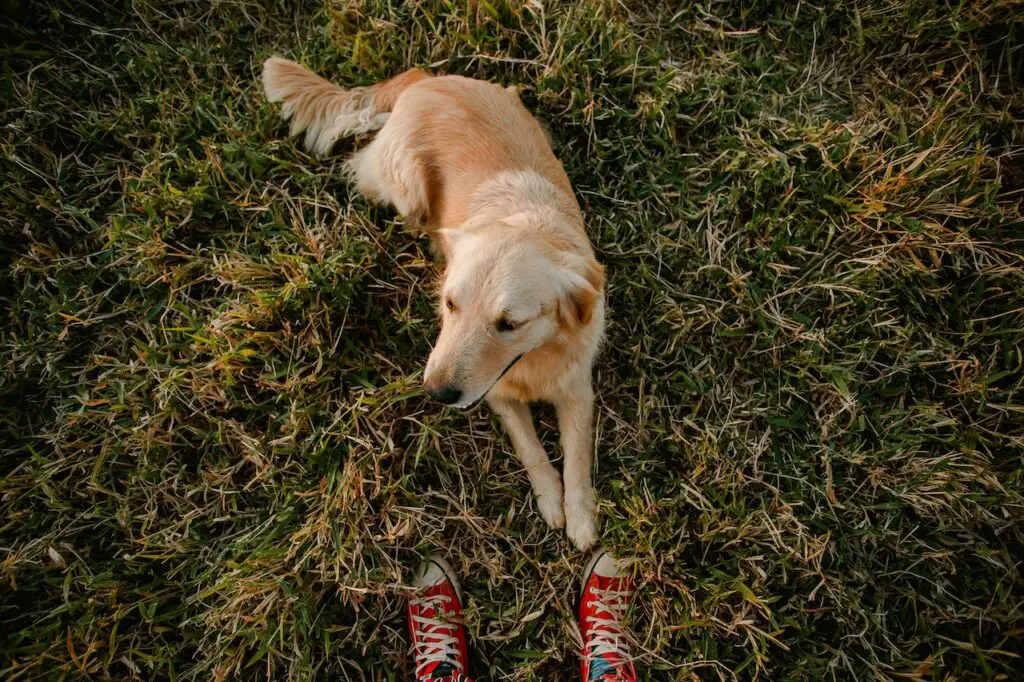
Recognizing Serious Anal Gland Issues
Not all anal gland problems can be resolved with simple dietary adjustments. In some cases, the issues might be more severe and require veterinary intervention. Learn to identify signs of serious problems that necessitate professional care.
The Importance of Timely Vet Visits
Regular veterinary check-ups are vital for your dog’s health, including anal gland maintenance. Your veterinarian can monitor your dog’s glands, identify potential issues early on, and provide appropriate treatment if needed.
Addressing Chronic Anal Gland Problems
If your dog experiences chronic or recurrent anal gland issues, your veterinarian may recommend a more in-depth evaluation. This might involve dietary changes, further diagnostics, or specialized treatments to manage the problem effectively.
FAQs about Anal Gland Issues in Dogs
Q1: How do I know if my dog has anal gland problems?
A1: Some signs of anal gland issues include scooting (dragging their bottom on the floor), excessive licking of the anus, and a strong odor around the rear end.
Q2: Can I express my dog’s anal glands myself?
A2: It is best to leave anal gland expression to professionals, such as your veterinarian or a trained groomer. Expressing the glands improperly can lead to injury or infection.
Q3: Are certain dog breeds more prone to anal gland issues?
A3: Yes, some dog breeds, especially small breeds, are more prone to anal gland problems. Breeds like Bulldogs, Pugs, and Chihuahuas are among those at higher risk.
Conclusion
While food may not directly cause anal gland issues in dogs, it plays a vital role in maintaining overall health and digestion, which can indirectly impact the glands. Providing a balanced diet, sufficient exercise, and regular vet check-ups are essential in keeping your furry friend healthy and happy.
Remember to be observant of any signs of discomfort and consult your veterinarian if you suspect any anal gland problems.
With proper care and attention, you can help your dog avoid unnecessary discomfort and enjoy a vibrant and joyful life!

